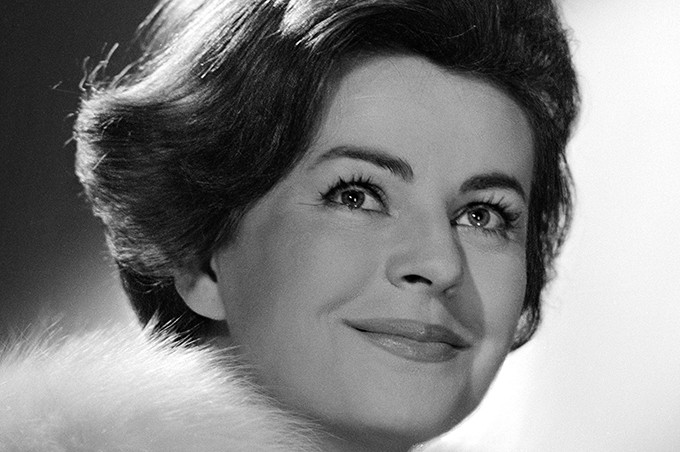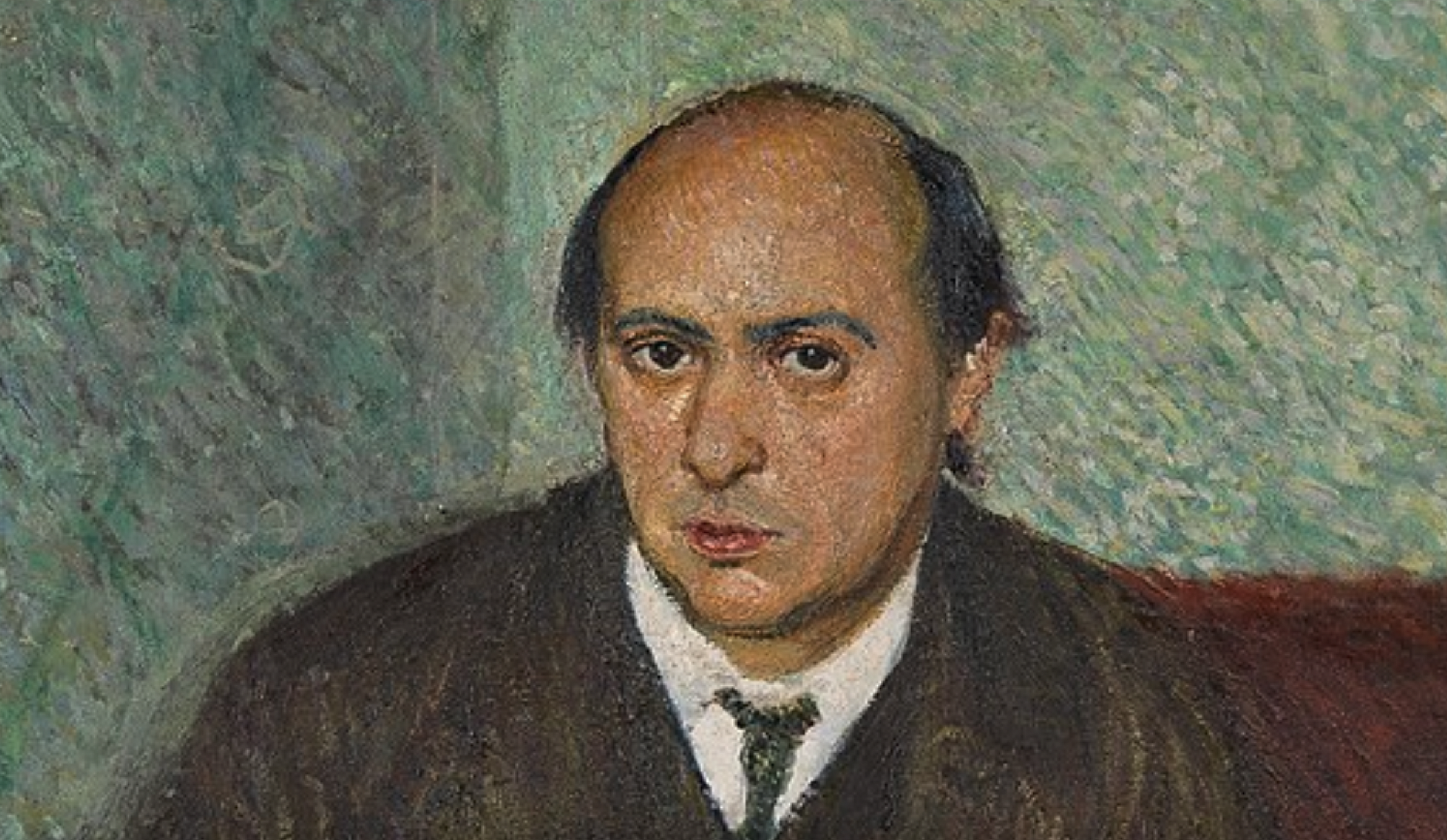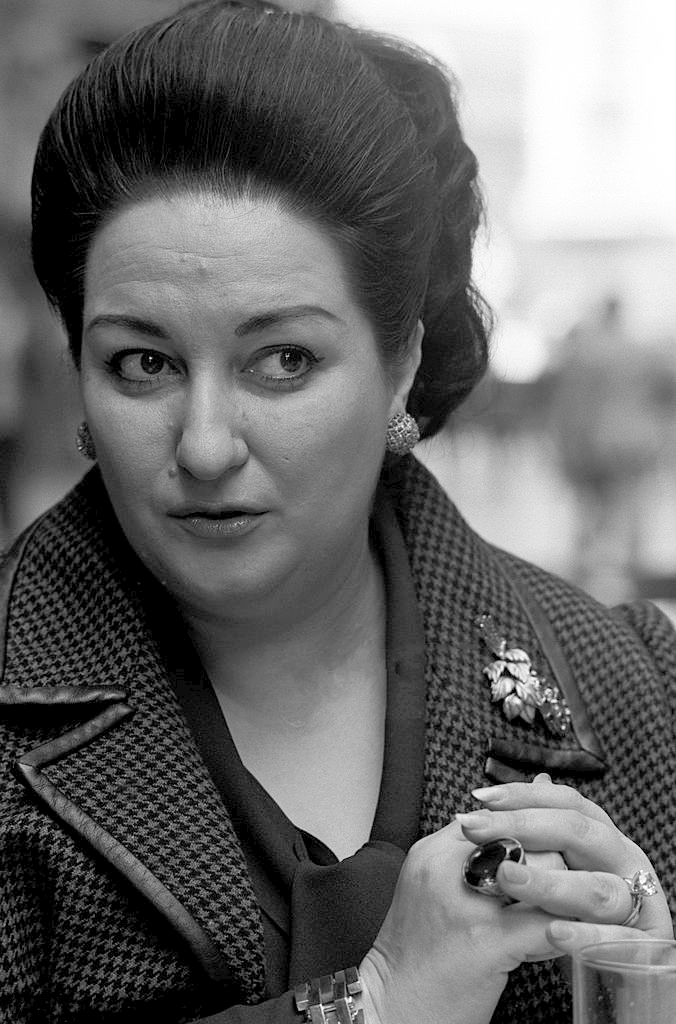06 February 2025
P.R. Jenkins
Spotlight Offenbach: overtures and ballet music
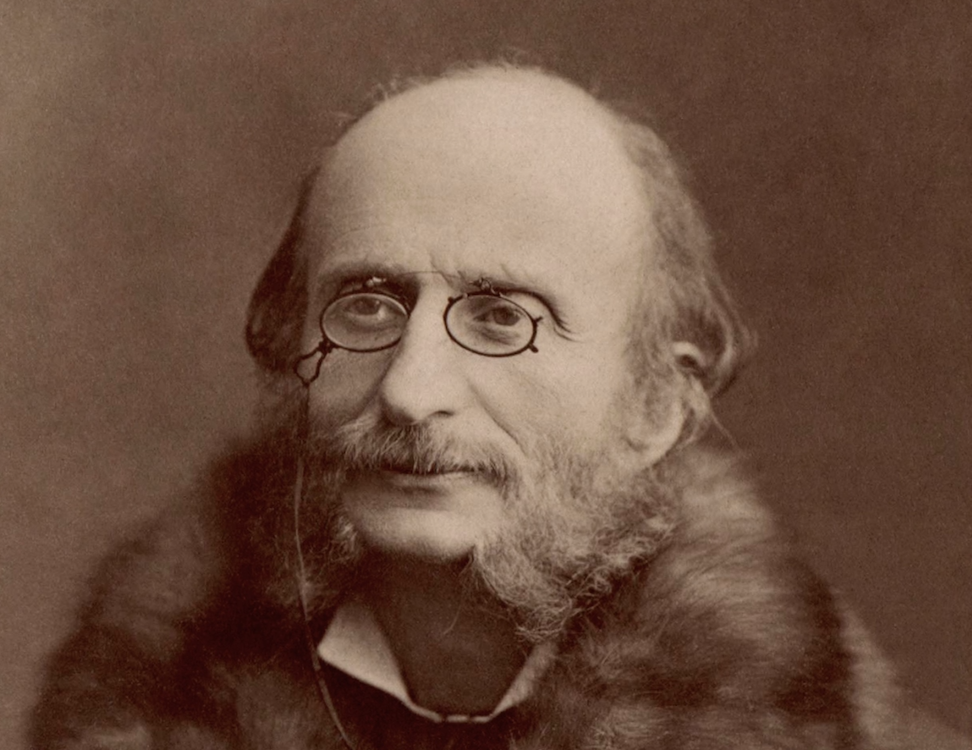
It is often said that like few other conductors Karajan had the ability to give so-called ‘light’ music a special distinction. Operettas, waltzes, marches, ballet music, encores – Karajan loved this kind of music and recorded and performed it tirelessly. So, it is not surprising that the works of Jacques Offenbach appealed to him. Offenbach’s most popular opera “Les contes d’ Hoffmann” wasn’t part of Karajan’s repertoire in its entirety – in the sphere of French opera he concentrated on “Carmen” and “Pelléas et Mélisande” – but he recorded the famous “Barcarolle” four times and explained his interpretation in 1989:
“I once spent a whole rehearsal on the Barcarolle from ‘Les contes d’ Hoffmann’ which is to me one of the most tragic things in opera; it is not joyful; a man goes from life to death.”
The ballet “Gaîté Parisienne” is not an original work by Offenbach but was put together from his oeuvre by Manuel Rosenthal in 1938. Rosenthal, four years older than Karajan, was Maurice Ravel’s last composition pupil. He died in 2003, aged 98. “Gaîté Parisienne” contains 23 Offenbach pieces, some of them very short. In 1958, Karajan recorded a selection of 17 of them with the Philharmonia Orchestra. “This marked Hugh Bean’s début as leader of the Philharmonia. He would recall: ‘Karajan shook me by the hand, then ignored me for two days, which was just about perfect. He let me play myself in.’ (Richard Osborne)” Obviously, from then on Bean had a knack for Offenbach. When Karajan made his very last recording session with the Philharmonia two years later, Osborne praised “the exquisitely shaped violin solo of Hugh Bean in the overture to ‘Orpheus in the Underworld.’”
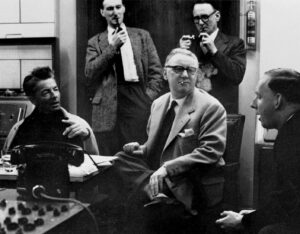
And about the second recording of “Gaîté Parisienne”: “Yet a remake of Manuel Rosenthal’s Offenbach extravaganza ‘Gaîté parisienne’ was as scintillating and (in the final ‘Barcarolle’) as moving as ever. […] Rarely have the waltzes sounded as sumptuous and at the same time as dangerous as they do in this 1971 Karajan recording, nor has any conductor suggested quite so obviously the aristocratic allure of music which is both a salute to the Second Empire and a requiem for it.”
On the occasion of the 100th anniversary of Offenbach’s death in 1980, Karajan recorded an all-Offenbach album with the overtures to “Orphée aux enfers”, “Barbe-Bleue”, “La Grande-Duchesse de Gérolstein”, “La belle Hélène” and “Vert-Vert”.
— P.R. Jenkins“Conversations with Karajan” Edited with an Introduction by Richard Osborne. Oxford University Press. 1989
Richard Osborne: “Karajan. A Life in Music” Chatto & Windus, London. 1998
